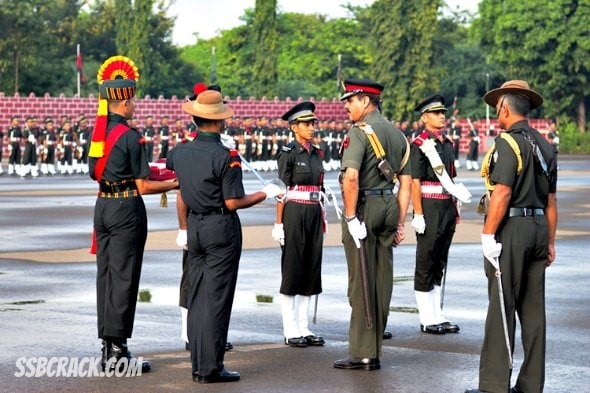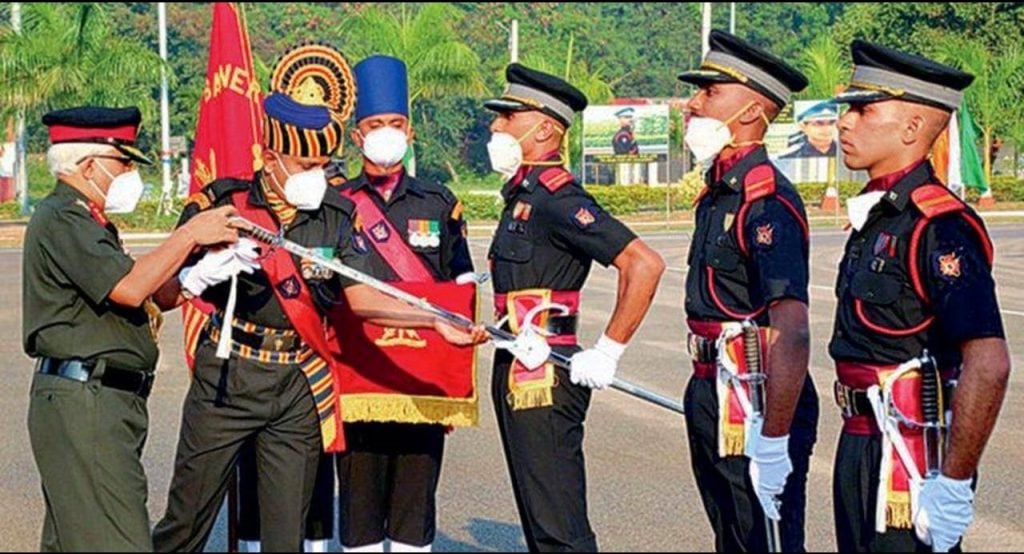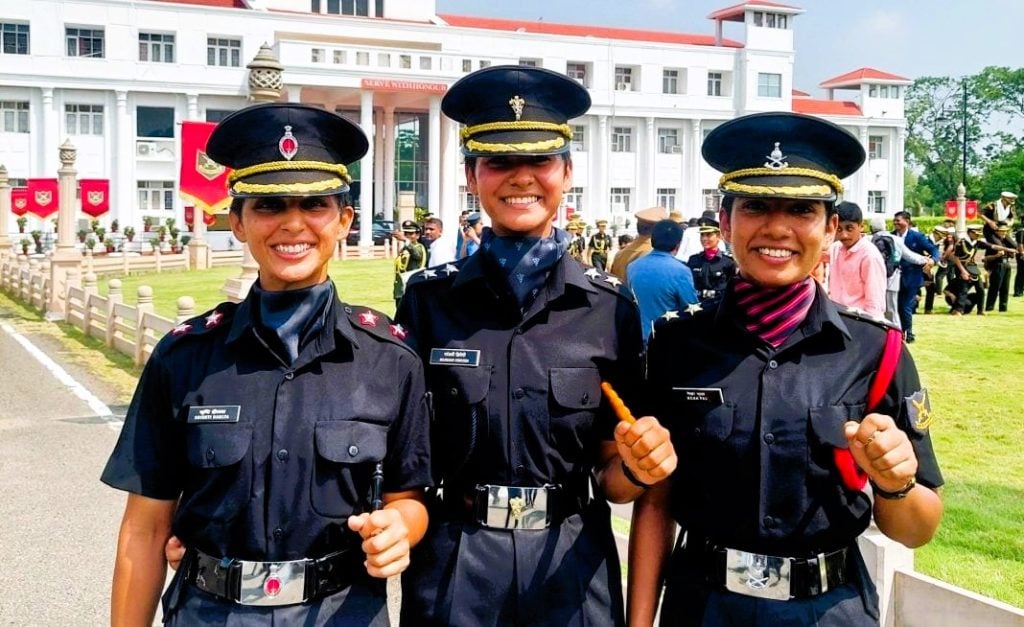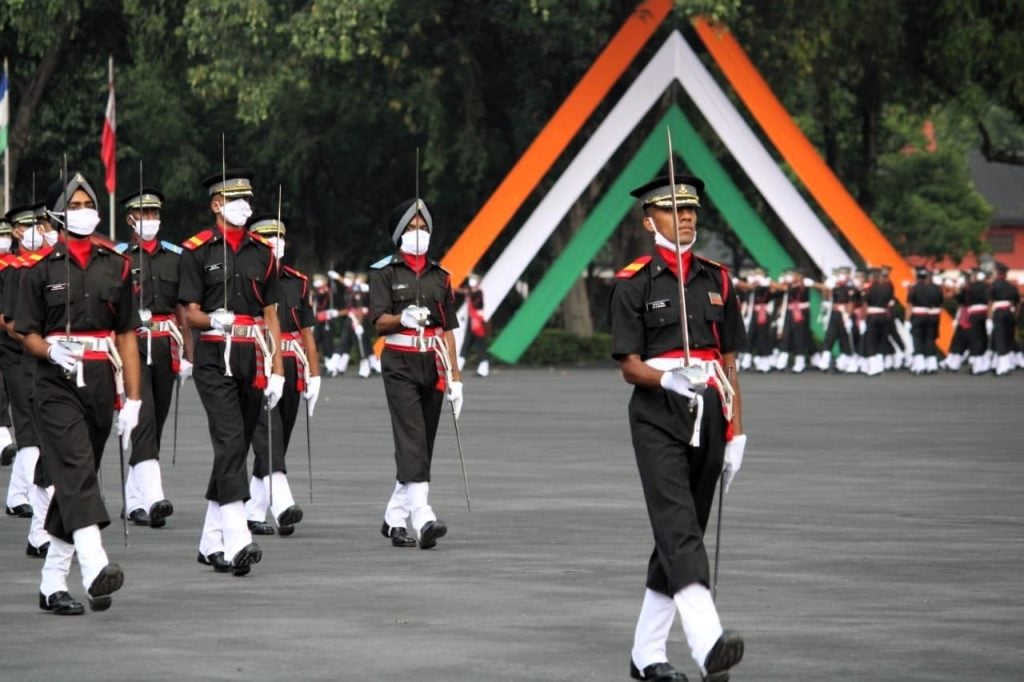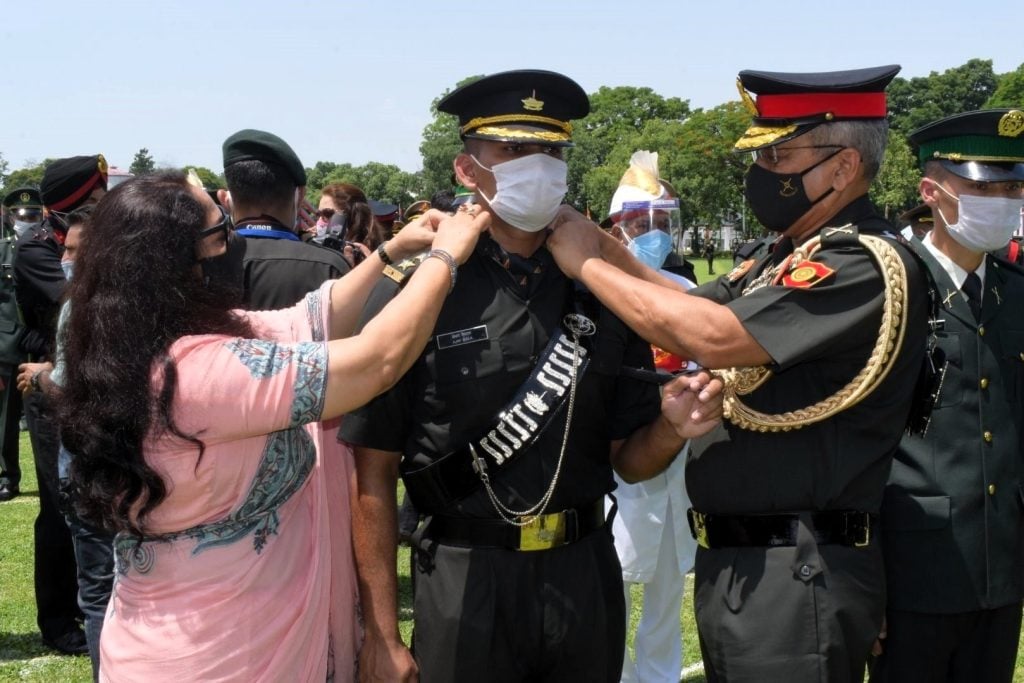Aspiring for a career in the armed forces is a noble pursuit that requires unwavering dedication, strategic planning, and a robust knowledge base. The path to securing a coveted position in prestigious institutions like the Indian Air Force, Indian Army, or Indian Navy often begins with clearing rigorous competitive exams such as AFCAT, CDS, and NDA.
While these examinations test a wide range of aptitudes, a candidate’s general knowledge plays a crucial role in determining their success. In this comprehensive guide, we will delve into essential tips and techniques that can help you elevate your general knowledge and emerge victorious in these esteemed military exams.
1. Cultivate a Reading Habit
The foundation for acquiring diverse general knowledge lies in developing a consistent reading habit. Immerse yourself in a wide range of literature, from newspapers and magazines to non-fiction books and online resources. Newspapers are an excellent source of up-to-date information on local, national, and global affairs, covering topics such as politics, sports, culture, and current events. Supplement your newspaper reading with specialized magazines that delve deeper into subjects like defense, science, technology, and economics. Additionally, explore non-fiction works that delve into history, geography, and other interdisciplinary fields, as they can broaden your intellectual horizons.
Top Tips for Managing School and NDA Preparation Together
2. Leverage Audiovisual Resources
In the digital age, the avenues for knowledge acquisition have expanded beyond the printed word. Leverage the power of audiovisual resources to enhance your general knowledge. Podcasts, documentaries, and informative television programs can provide engaging and accessible learning experiences. Tune in to news channels, educational platforms, and specialized shows that cover a diverse range of subjects, from current affairs to scientific discoveries. This multimedia approach can help you absorb information more effectively and retain it for the long term.
3. Engage in Meaningful Conversations
Interacting with individuals from diverse backgrounds can be a valuable asset in your quest to build a robust general knowledge base. Engage in thoughtful discussions with your peers, colleagues, and professionals in various fields. Seek out opportunities to participate in group discussions, debates, or seminars where you can exchange ideas, gain new perspectives, and learn from the experiences and insights of others. This interactive approach not only broadens your understanding but also sharpens your critical thinking and communication skills, both of which are essential for success in military exams.
4. Embrace Online Learning Platforms
The digital revolution has transformed the landscape of education, making a wealth of knowledge accessible at our fingertips. Leverage the power of online learning platforms to enhance your general knowledge. Explore websites, blogs, and educational portals that offer comprehensive resources, interactive quizzes, and engaging content on a wide range of subjects. Additionally, consider enrolling in online courses or webinars that cater specifically to the needs of defense exam aspirants, covering topics such as current affairs, defense-related knowledge, and exam-specific strategies.
5. Develop a Strategic Approach
Effective preparation for military exams requires a strategic and systematic approach. Begin by thoroughly understanding the exam syllabus and the weightage assigned to different sections, including general knowledge. Identify your strengths and weaknesses, and create a personalized study plan that addresses your specific learning needs. Allocate dedicated time for revising and practicing previous year’s question papers, as they can provide valuable insights into the exam pattern and the type of questions asked.
Top Last-Minute Tips to Ace Your CDS 2 2024 Exam
6. Cultivate Effective Time Management
Time management is a critical skill in the context of military exams, where candidates are required to demonstrate their knowledge and problem-solving abilities within a limited time frame. Develop a disciplined study routine that allows you to cover the entire syllabus while leaving ample time for revision and practice. Prioritize your tasks, set achievable goals, and maintain a balanced schedule that includes time for rest, relaxation, and physical well-being.
7. Embrace a Holistic Approach
Preparing for military exams is not just about accumulating knowledge; it also requires the development of a well-rounded skill set. Alongside strengthening your general knowledge, focus on honing your analytical thinking, problem-solving abilities, and decision-making skills. Engage in activities that challenge your cognitive abilities, such as solving puzzles, playing strategic games, or participating in quizzes and competitions. This holistic approach will not only enhance your performance in the exams but also prepare you for the demands of a career in the armed forces.
8. Cultivate a Positive Mindset
The journey towards success in military exams can be challenging, but maintaining a positive and resilient mindset is crucial. Believe in your abilities, and approach your preparation with a growth mindset. Celebrate your small victories, learn from your mistakes, and remain focused on your long-term goals. Surround yourself with supportive individuals who can motivate and encourage you during the highs and lows of your preparation. Remember, a confident and determined attitude can make all the difference in your pursuit of a career in the armed forces.
9. Leverage Mentorship and Guidance
Seek out experienced mentors, defense experts, or successful alumni who can provide valuable insights and guidance throughout your preparation. These individuals can share their own experiences, offer personalized advice, and help you navigate the complexities of the exam process. Additionally, consider enrolling in comprehensive online courses or coaching programs that are specifically designed for defense exam aspirants. These resources can provide structured learning, mock tests, and personalized feedback to help you achieve your goals.
10. Stay Updated with Current Affairs
In the realm of military exams, staying abreast of current affairs is paramount. Dedicate time each day to thoroughly reviewing news from reliable sources, covering a wide range of topics such as politics, economics, science, technology, and international relations. Develop the habit of analyzing and contextualizing current events, as this will not only strengthen your general knowledge but also enhance your ability to think critically and make informed decisions.
11. Develop a Broad Perspective
While accumulating factual knowledge is essential, it is equally important to cultivate a broad and nuanced understanding of the world around you. Engage in discussions and debates that challenge your existing perspectives and encourage you to consider alternative viewpoints. Explore diverse fields of study, from history and geography to philosophy and cultural studies, as they can help you develop a more comprehensive and multifaceted understanding of the world.
12. Practice, Practice, Practice
Consistent practice is the key to mastering the art of answering general knowledge questions in military exams. Regularly attempt mock tests, previous year’s question papers, and online quizzes to familiarize yourself with the exam pattern and the types of questions asked. Analyze your performance, identify areas for improvement, and develop targeted strategies to enhance your speed, accuracy, and problem-solving abilities.
Last-Minute Hacks to Ensure Success in NDA 2024
13. Embrace Continuous Learning
The pursuit of knowledge is a lifelong journey, and this principle holds true even in the context of military exams. Maintain a curious and adaptable mindset, continuously seeking out new information, ideas, and perspectives. Stay abreast of the latest developments in various fields, and be open to learning from diverse sources. This commitment to continuous learning will not only serve you well in the exams but also equip you with the versatility and adaptability required for a successful career in the armed forces.
By incorporating these essential tips into your preparation, you can elevate your general knowledge and position yourself for success in the highly competitive world of military exams. Remember, the journey may be challenging, but with dedication, perseverance, and a strategic approach, you can unlock the doors to a fulfilling and rewarding career in the service of your nation.
FAQs
1. How to prepare for General Awareness for AFCAT?
Make a habit of reading newspapers regularly, with a particular focus on defense-related news.
2. How can I study general knowledge for NDA?
Grasp the Syllabus: Get the most recent syllabus for the NDA and CDS exams to identify the required topics. Get acquainted with the subjects and sub-topics within General Studies. Develop a Study Plan: Organize your study timetable to ensure you devote adequate time to each topic.
3. What type of GK is asked in CDS?
The General Awareness section includes questions on Current Affairs, General Science, History, Polity, Geography, and Mathematics. To prepare for this section of the CDS exam, candidates should review CDS exam analyses and solve previous years’ question papers.
4. What is the most scoring subject in CDS exam?
The English section of the UPSC CDS Exam is highly scoring, consisting of 120 questions worth a total of 100 marks.
5. How many hours to study for CDS?
On average, successful candidates reported dedicating 200 hours to studying for the exam. As the CDS exam preparation is self-paced, the time spent studying will vary among candidates, depending on the time they have available before their exam date.
